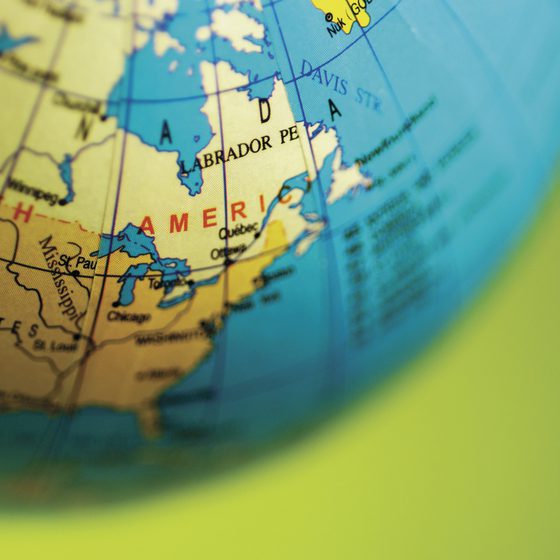“No problem can be solved from the same consciousness that created it. We must learn to see the world anew”
A. Einstein
In my last article, I wrote about the change of era we are experiencing and introduced the idea of leveraging our collective intelligence, to address the challenges we collectively face in this globalized world. In the following, I would like to share some of the insights I’ve gained in this subject after years of research and conducting several workshops with my colleague Marina, to open a constructive (and urgent) dialogue on this matter.

For the accomplishment of our collective goals, it is pivotal to design a new framework, rather than trying to understand the nature of each global problem (such as poverty, terrorism, etc.)individually. Thus, we need social, political and economic organizations capable to cope with complexity and uncertainty. We also have to reconcile our local aims with those of humanity (such as sustainable development, ethics, ecology), increase our learning capacity, and through these actions, reshape the future. That is, articulating the collective intelligence of the social super organism we are part of.
In this sense, according to the MIT Centre of Collective Intelligence (CCI), “intelligence does not arise only in individual brains; it also arises in groups of individuals. This is collective intelligence: groups of individuals acting collectively in a rationale and intelligent manner. This kind of collective intelligence is a property of the group itself, not just of the individuals in it”. This characteristic is called “Emergence” in complex adaptive systems theory, and it means that the system exhibits properties and behaviors that are not present in its individual parts and cannot be deduced from the analysis of each one of them.
According to an insightful paper which recently caught my attention, CCI-MIT researchers explain how collective intelligence “is not strongly correlated with the average or maximum individual intelligence of group members but is correlated (increases) with the average social sensitivity of group members, the equality in distribution of conversational turn-taking, and the proportion (prevalence) of females in the group.” Those findings also correlate with the unique characteristics of complex adaptive systems, such as Openness (it exchanges information, matter, and energy between its members and the environment), Purposefulness (the system adjusts its behavior to better achieve its purpose and maintain its ongoing existence), Diversity and Self-organization (The emergence of new structures and forms of organization that does not respond to a centralized power), among others.
As we see, a ‘complex adaptive systems’ approach will be helpful in articulating the collective intelligence within a system, for it focuses on the way that the elements (the members in a group) in a given system communicate, make sense of each other and the environment and co-evolve with that environment (achieve and excel the expected results of a given task).
In the words of Fritjof Capra (a system thinker and co-founder of the Centre for Eco-literacy,) “A system is a set of interrelated elements creating a unified whole. Individual things—like plants, people, schools, watersheds, or economies—are themselves systems and at the same time cannot be fully understood apart from the larger systems in which they exist.”
Therefore, it would be sound to assert that understanding and using a system thinking-model to reshape our current geopolitical and economical organizations worldwide, will mobilize our global collective intelligence. This will facilitate urgent decision making in areas of ecology, economic sustainability, future of work, education, terrorism, arts, crisis and conflict resolution, etc. This would be redundant in the planet’s well-being and the emergence of a new state of individual and collective conscience.
Projects based on Blockchain technology, which is focused on the movement of value between its members, are examples of how new technologies could contribute to those aims. They provide a decentralized network interconnecting individuals and organizations worldwide, based on the value of their contribution to the whole, regardless of gender, language, and culture. Such undertakings will enable new forms of international collaboration and co-creation which may evolve into more complex self-organizing social ecosystems. As a result, we will leverage our global collective intelligence to become capable not only to solve our problems and evolve with our environment, but also to ensure our survival.






